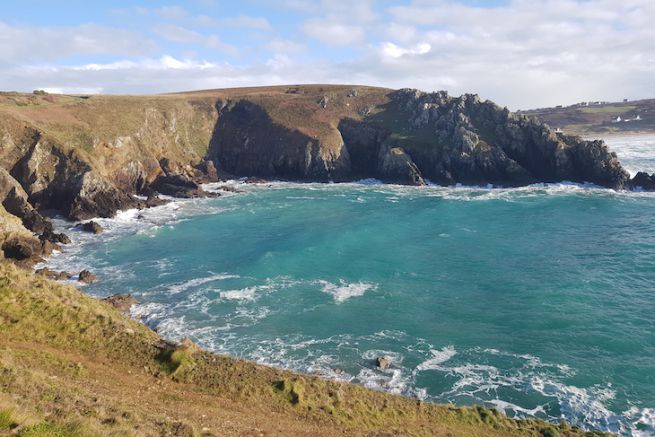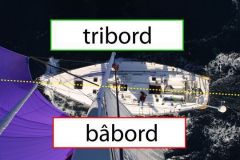A human invention
Mer or océan?? Ocean or mer?? A priori, the distinction between the two is born out of human subjectivity. For in the 16th century, when Vasco Núñez de Balboa landed in the Pacific after passing through South America, he nicknamed this unknown sea "South Sea". In 1520, Magellan - taking the same route as the Spanish conquistador - baptized it in turn "Pacific Ocean". Would it then only be a question of interprétation??
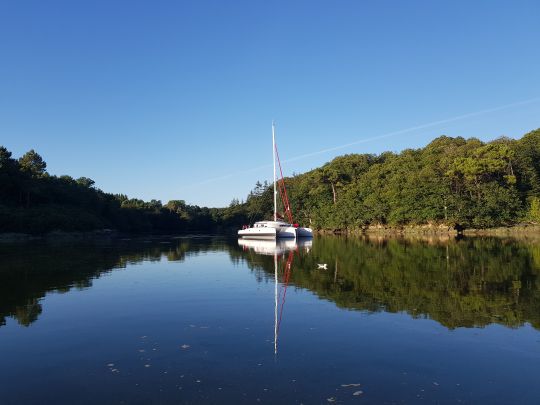
A question of size
However, in order to distinguish an ocean from a sea, we can rely on technical data. So logically, one might think that an ocean is larger than a sea and this is not false. In fact, the ocean is larger than a sea, which may explain why there are only five (Atlantic, Pacific, Indian, Arctic and Southern).
The Pacific is the largest of the oceans with an area of over 166 million km2, almost 1/3 of the Earth's surface when the Arctic is the smallest and covers 14 million km². For example, the largest of the seas is the Arabian Sea with an area of 3.8 million km.
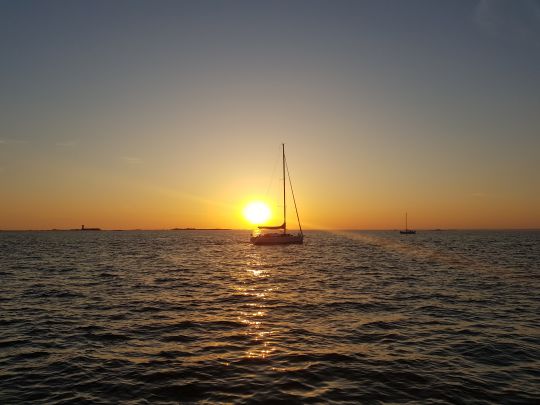
A geographical question
The difference between seas and oceans can be based on the configuration of the land they border. Thus, oceans are bounded by continents when seas are bounded by land, but not by entire continents.
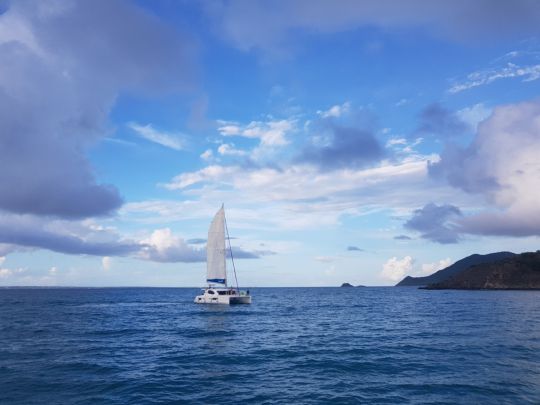
What about profondeur??
Are the oceans deeper than mers?? One would think that yes is yet this statement is fausse?! Certainly the Marianas Trench, located in the northwestern Pacific Ocean, is the deepest oceanic trench known at the moment with a depth greater than 10?000 m?!
However, the average depth of the oceans is about 3700 m, while some Mediterranean trenches go down to 5267 m?!
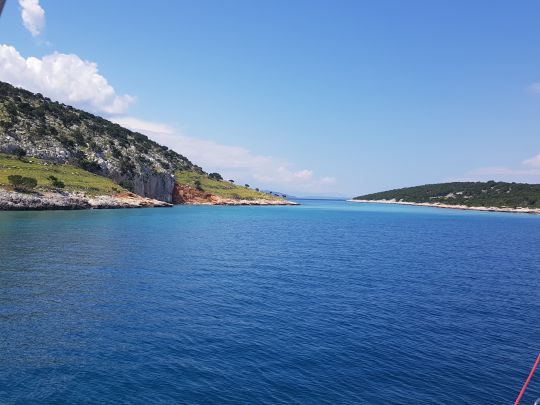
Two types of sea
There are two types of sea, open seas or seas connected to the ocean by a strait, and closed seas. In the first case, they may be confused with the ocean, but are usually landlocked or bounded by the continental shelf. We are talking about the Celtic Sea, the Aegean Sea, the Arabian Sea or the Caribbean Sea.
Some seas are almost closed, but communicate with the ocean via a strait, as is the case for the Mediterranean, which is connected to the Atlantic via the Strait of Gibraltar. The Red Sea, the Baltic Sea and the Black Sea are also connected to the oceans by a narrow passage.
Closed seas can be counted on the fingers of one hand, as the Dead Sea, the Caspian Sea or the Aral Sea. All three are large salt lakes fed by rivers.
